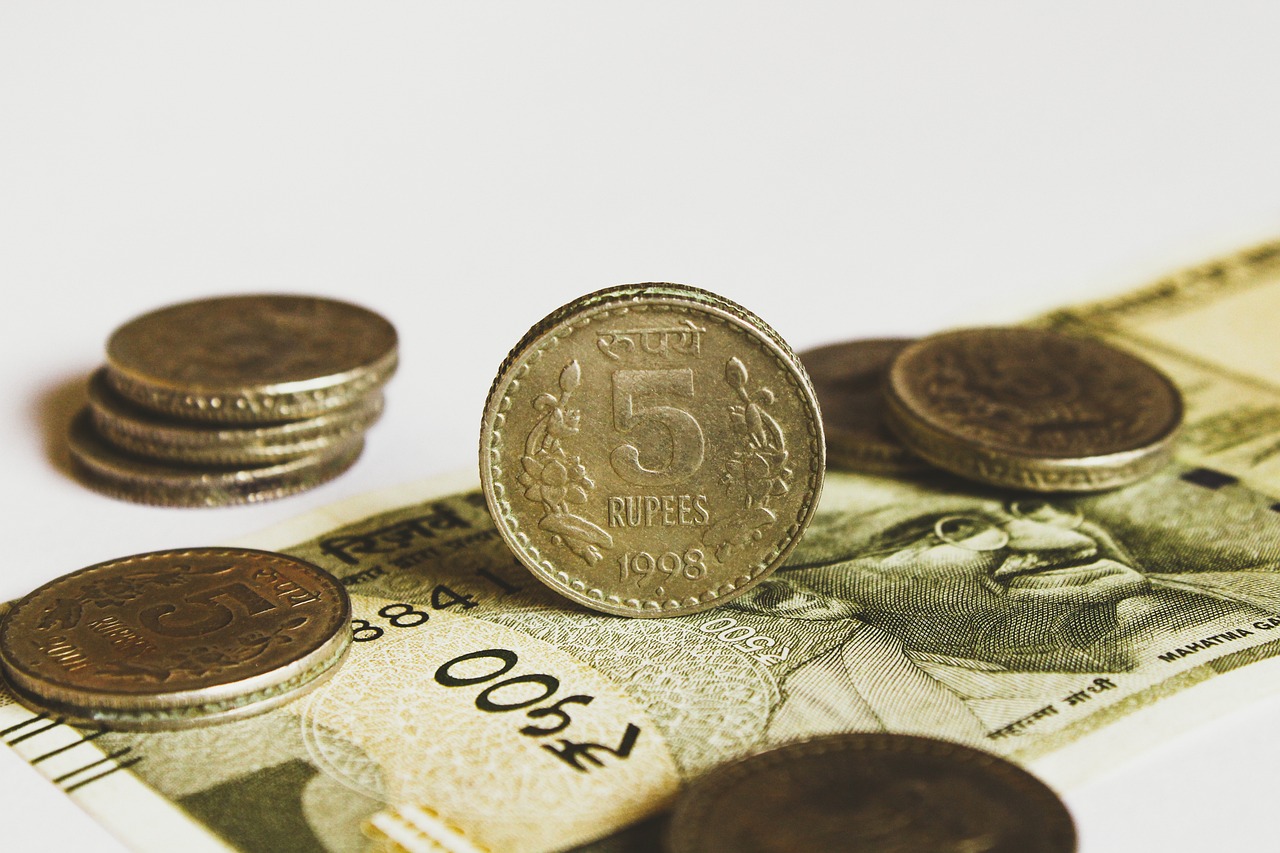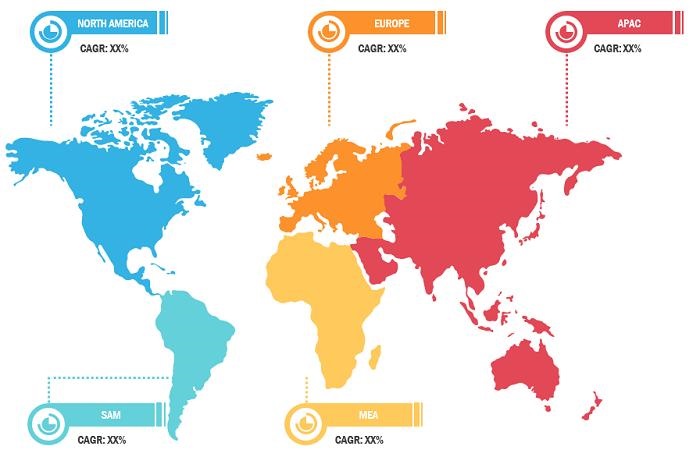A fixed deposit is considered safer than stocks and is one of the most popular types of investments. In addition, unlike stocks, the profits are known before the money is invested. You can use a free fixed deposit calculator to know the profits in advance. Don’t worry about using the calculator, as it is free and provided by top-ranking lenders. Fixed deposits are also well-known as ‘term deposits’ because the money is placed in investments for a predetermined period. It assists you in reaching your long-term financial objectives, such as providing for your child’s future and other expenses that may arise in the future. It is the ideal investment choice for those who want to minimise risk.
Keep in mind the following before investing in an FD account:
- Opening an FD account- Opening a fixed deposit account with a financial institution is very easy to do whether you are an existing customer of the institution or not. Existing customers don’t need to worry about KYC. New customers are required to complete a quick KYC procedure.
The KYC procedure appears like this-
- Provide self-attested copies of your passport, PAN card, voter ID card, Aadhar card, and other forms of identification.
- Passport-size coloured pictures.
- Additionally, original papers must be provided for verification.
- Minimum deposit amount- The lowest and maximum deposit amounts depend on the financial institution you choose. For instance, you can deposit Rs. 15000 to Rs. 5 crores in FDs with Bajaj Finserv.
- Tenure- Given that fixed deposits are made for a set period of time, it is crucial to thoroughly review the tenure. You can select a time frame from one year to ten years according to your needs. Some FDs last for seven days. Additionally, early closing or withdrawal of a fixed deposit would result in a fee, which would lower your overall FD interest rate. As a result, a fixed deposit’s minimal and maximum tenures typically vary between financial institutions. You can choose the FD’s term and make investments per your financial objectives and needs.
- Interest rates and payouts- The interest rate on the FD depends on how long you plan to invest and the policy of the financial institution. Senior citizens’ FD interest rates are greater than general FD interest rates. Fixed deposit programmes offer both cumulative and non-cumulative payments. Use a fixed deposit calculator to understand the difference between these two payment types. If you’re searching for a consistent source of income on a monthly, quarterly, half-yearly, or annual basis, you can choose a non-cumulative fixed deposit.
Alternatively, select the cumulative option if you want to invest for the long term and receive returns on both the principal and the accumulated income. When the loan reaches maturity, the principal and all accrued interest are given to you together. In this instance, the accrued interest is reinvested. On the other hand, the interest will be credited to your account at the interval you have chosen if you put in a non-cumulative FD. The financial institution may allow you to select a payout on a monthly, quarterly, half-yearly, or annual basis.
- Tax exemption benefits on FDs- The interest you earn on your FD is completely taxable in accordance with your income tax brackets. The financial institution will deduct the TDS if the interest made during a financial year exceeds Rs. 10,000 under income tax laws. You can give your employer your Form 15G or Form 15H to make sure that your TDS is not deducted.
- Premature withdrawals- You can take your FD before it matures if you have a financial urgency. But the financial institution might charge you a penalty for early withdrawals. Reviewing the regulations governing premature withdrawals when establishing your fixed deposit account is wise.



